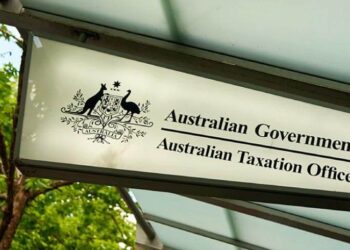In a blog, Cooper Grace Ward Lawyers special counsel Jodie Robinson said that where a trust has made a family trust election (FTE), there are a number of issues to consider, including:
- What counts as a “distribution”?
- Who is part of the “family group”?
- Does your trust deed save you?
Ms Robinson said that if a distribution is made outside the family group, then family trust distribution tax (which is calculated at the highest margin tax rate plus Medicare) becomes payable 60 days after the distribution is made and interest will commence accruing at that point.
She said family trust distribution tax is a debt that is not subject to any limitation periods and, worse still, the trustee (and all of the directors of the trustee at the time of the distribution) are jointly and severally liable to pay the family trust distribution tax.
“That is, the problem does not go away,” Ms Robinson said. “The same applies to entities (including companies) that have made an interposed entity election (IEE) and distribute outside of the ‘family group’.
“Although the rules around the FTE and IEE provisions have been around for some time, they continue to cause issues for advisers and their clients, and our recent experience is that the ATO is looking at trust resolutions and FTEs during reviews.”
Ms Robinson said that, before preparing the trustee resolutions for clients, it will be important to check to see whether the trustee has made an FTE or IEE.
“For those trusts that have FTEs and IEEs, it will be important to ensure that the trustee does not resolve to distribute income or capital to individuals or entities outside the ‘family group’,” she said.
“Also, it is prudent to include terms in the trust deed that prohibit distributions of income and capital to individuals and entities outside of the family group for those trusts that have made an FTE or IEE.”


